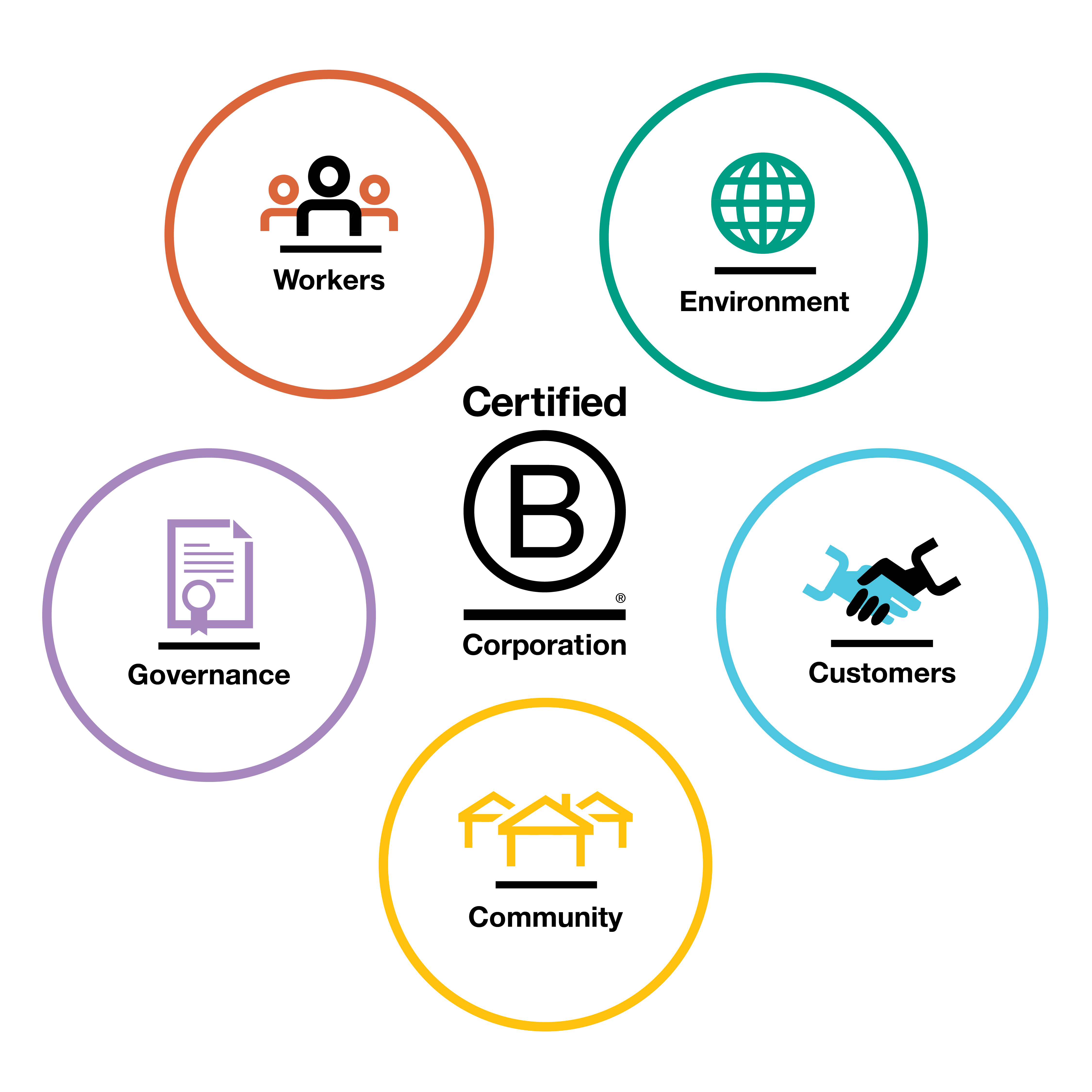Simon Bussell, BKL’s Commercial Director, has discussed our B Corp certification in an Accountancy Age article on the assessment process for B Corporations.
Application process (B Impact Assessment)
‘Simon Bussell … attests to the mass of analytics data the firm had to produce during its application process.
He explains that B Lab focused in particular on the firm’s people and talent (its highest scoring category in the Business Impact Assessment), meaning that various datasets on areas such as background, gender and salary had to be produced.
“If I were to go back and give myself some advice, it would be to make sure you’ve got as much data as possible. It is robust, and there are various data gathering stages that you need to go through.”
But Bussell also notes the relative ease of BKL’s application process, arguing that he was in a “privileged position” due to “knowing the business well” and having buy-in from the executive committee.
He explains that this allowed him to easily liaise with the firm’s HR director, head of finance and chief digital officer to acquire the relevant information.
Bussell also praises the initiatives put in place by the firm in the years prior to its B Corp application, arguing that this paid off when it came to being assessed by B Lab.
“We’ve been working for probably four or five years on developing our people and creating a diverse and inclusive environment. So anything you can do or have done in the past will help with your impact assessment score.”
Bussell argues that these efforts culminated in BKL being officially recognised as an ‘Impact Business Model’ in addition to receiving B Corp accreditation.
Described by B Lab as a “difficult” feat to achieve, this is an acknowledgement that a business creates a specific positive benefit for its stakeholders.’
Challenges
‘[Simon Bussell] points out that “the larger you are and the more sophisticated your business, the more things there are to assess”.
“You don’t see many big businesses that are B Corps, and that’s for a very good reason. It could be a resource constraint for smaller firms because they’ve got fewer people, but they’re assessing a smaller business so I think it’s proportionate in that sense.”
Bussell also argues that, regardless of time or resource constraints, the benefits of becoming a B Corp far outweigh this.
He particularly hails the significance of entering the B Corp community, meaning “you’re exposed to more people and doors are a lot easier to open”.
In addition to this, he says that the accreditation has “galvanised” the firm to formulate a new ESG strategy and hire an impact project manager to help drive it, in addition to receiving requests to bid for work due to the status.
“So there’s been a range of softer benefits and more tangible ones in terms of new projects and client wins too. I can’t say a single bad word about it overall.”’
The article is available to read on the Accountancy Age website here.
If you’d like to discuss B Corp certification and how to approach it for your businesses, our ESG specialists would be happy to help. Please get in touch using our enquiry form.
You can also learn more in this video, where Simon Bussell chats to our Head of ESG Myfanwy Neville:


